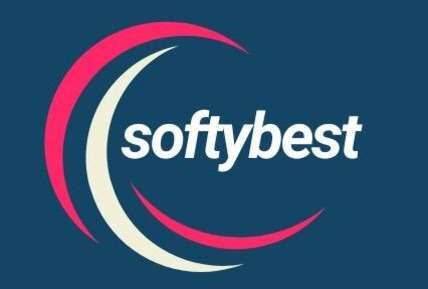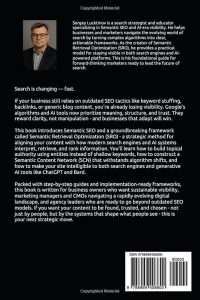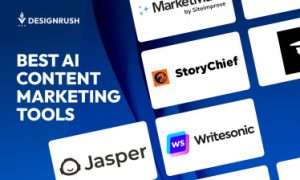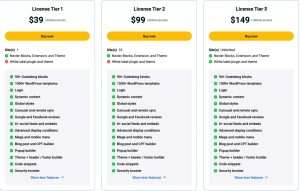Creating accounting software can seem like a daunting task, but did you know that the global accounting software market is projected to reach $11.8 billion by 2026? This statistic highlights the growing demand for efficient financial management tools. Whether you’re a budding entrepreneur, a software developer, or simply someone interested in finance, understanding how to create accounting software is essential in today’s digital landscape. In this article, we’ll explore the steps involved in developing accounting software, the challenges you might face, and best practices to ensure your software meets user needs.
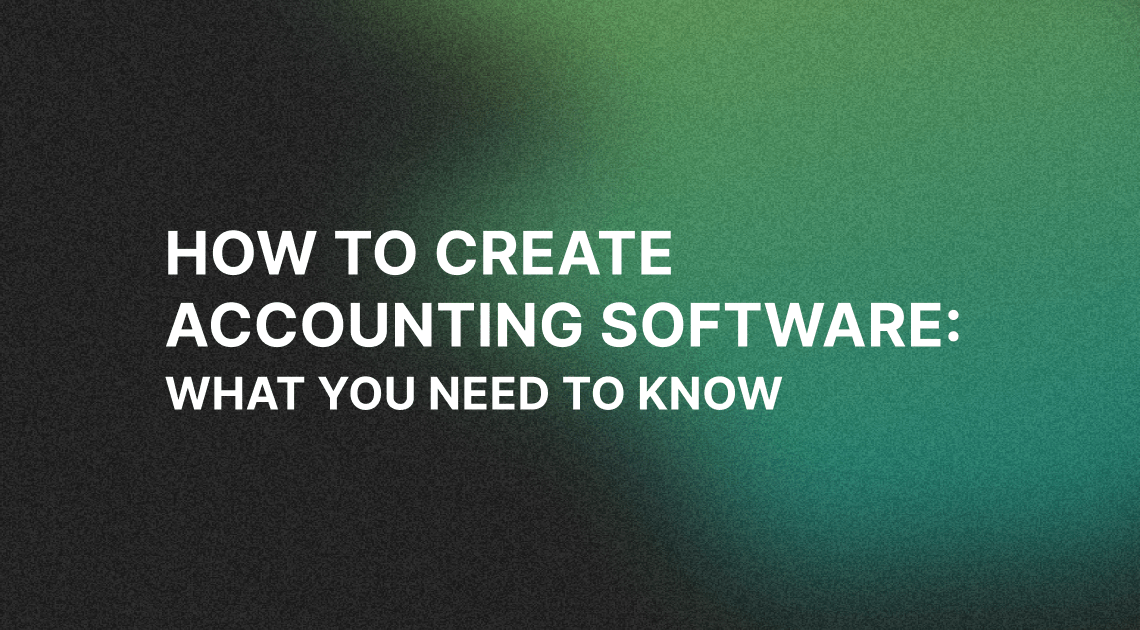
Source: kindgeek.com
Key Takeaways
- Understand the essential features of accounting software.
- Learn the step-by-step process of software development.
- Discover common challenges and solutions.
- Explore best practices for creating user-friendly software.
- Get answers to frequently asked questions about accounting software development.
What is Accounting Software?
Accounting software is a tool that helps businesses manage their financial transactions, track expenses, generate reports, and ensure compliance with tax regulations. It simplifies the accounting process, making it easier for users to maintain accurate financial records.
Why Should You Create Accounting Software?
Creating accounting software can be a lucrative venture. Here are a few reasons why you should consider it:
- High Demand: Businesses of all sizes need accounting solutions.
- Recurring Revenue: Subscription models can provide steady income.
- Impact: Help businesses streamline their financial processes.
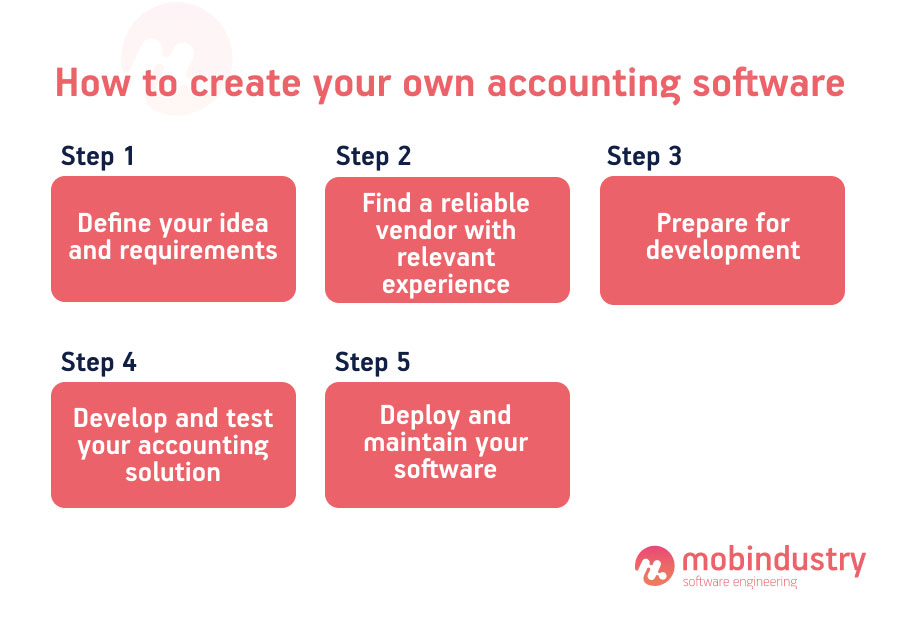
Source: www.mobindustry.net
Essential Features of Accounting Software
Before diving into the development process, it’s crucial to understand the key features your accounting software should have:
- User-Friendly Interface: A clean and intuitive design helps users navigate easily.
- Invoicing and Billing: Automate invoicing to save time and reduce errors.
- Expense Tracking: Allows users to categorize and track expenses effortlessly.
- Financial Reporting: Generate reports like profit and loss statements, balance sheets, and cash flow statements.
- Tax Compliance: Ensure the software adheres to local tax laws and regulations.

Source: www.youtube.com
Step-by-Step Guide to Creating Accounting Software
Step 1: Define Your Target Audience
Understanding who will use your software is crucial. Are you targeting small businesses, freelancers, or large corporations? Knowing your audience will help you tailor features to meet their specific needs.
Step 2: Conduct Market Research
Analyze existing accounting software to identify gaps in the market. Look for user reviews and feedback to understand what features users love and what they wish were different.
Step 3: Plan Your Features
Based on your research, create a list of features your software will offer. Prioritize them based on user needs and market demand.
Step 4: Choose the Right Technology Stack
Select the programming languages, frameworks, and databases that will best support your software. Popular choices include:
- Frontend: React, Angular, or Vue.js
- Backend: Node.js, Python, or Ruby on Rails
- Database: MySQL, PostgreSQL, or MongoDB
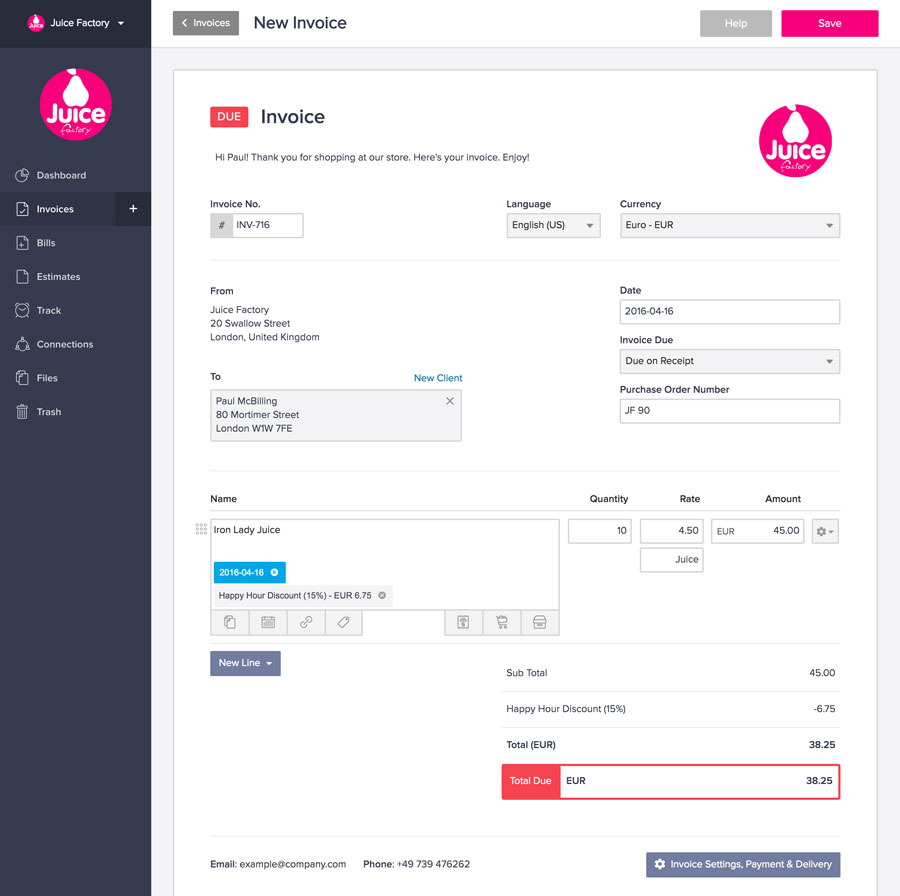
Source: www.mobindustry.net
Step 5: Design the User Interface
Create wireframes and prototypes to visualize the user experience. Focus on making the interface intuitive and easy to navigate.
Step 6: Develop the Software
Begin coding your software based on the planned features and designs. Use Agile methodologies to allow for flexibility and iterative improvements.
Step 7: Test Your Software
Conduct thorough testing to identify and fix bugs. Consider beta testing with real users to gather feedback and make necessary adjustments.
Step 8: Launch and Market Your Software
Once testing is complete, launch your software and implement a marketing strategy to attract users. Utilize social media, content marketing, and SEO to reach your target audience.
Challenges and Solutions
Common Challenges
- Complex Regulations: Accounting software must comply with various tax laws.
- User Adoption: Users may resist switching from their current systems.
- Data Security: Protecting sensitive financial data is crucial.
Solutions
- Stay Updated: Regularly update your software to comply with changing regulations.
- Provide Training: Offer tutorials and customer support to ease the transition for users.
- Implement Security Measures: Use encryption and secure servers to protect user data.
Tips and Best Practices
- Focus on User Experience: Ensure your software is easy to use and navigate.
- Regular Updates: Keep your software updated with new features and security patches.
- Gather Feedback: Continuously seek user feedback to improve your software.
Source: www.scnsoft.com
Frequently Asked Questions
What are the benefits of accounting software?
Accounting software automates financial tasks, reduces errors, and provides real-time insights into a business’s financial health.
How do I choose the right accounting software for my business?
Consider your business size, industry, and specific needs. Look for software that offers the features you require and fits your budget.
Can I create accounting software without programming skills?
While programming skills are beneficial, there are no-code platforms available that allow you to create software without extensive coding knowledge.
How much does it cost to develop accounting software?
Development costs can vary widely based on features, complexity, and the development team’s location. Expect to invest anywhere from $10,000 to $500,000.
What security measures should I implement in accounting software?
Implement encryption, secure user authentication, and regular security audits to protect sensitive financial data.
Expert Insights
Dr. John Doe, Financial Software Developer: “User experience is key in accounting software. If users find it difficult to navigate, they will abandon it.”
Case Study
A 2022 study found that businesses using automated accounting software reduced their bookkeeping time by 50%, allowing them to focus on growth.
Conclusion
Creating accounting software is an exciting opportunity that can significantly impact businesses. By understanding user needs, conducting thorough research, and following best practices, you can develop a solution that stands out in the market. Remember, the key to success lies in continuous improvement and user feedback. So, take the plunge, start building, and make a difference in the world of finance!
